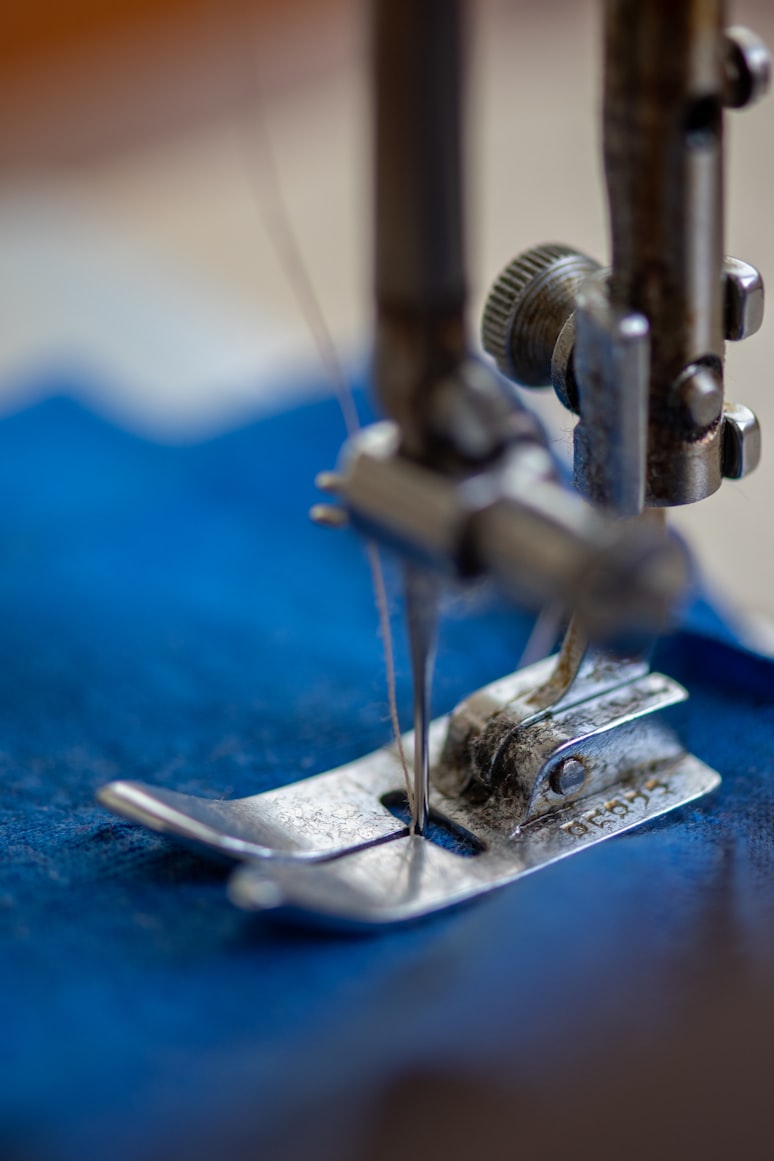The fashion industry is one of the most polluting and impactful industries on the planet. It is imperative to embrace real change, starting with production and consumption patterns. Many processes are already underway, and the goal is to achieve clothing circularity.
According to the European Commisson, textile production is responsible for about 20% of global water pollution. Washing synthetic materials releases about 0.5 million tons of microfibers into the oceans every year. This process generates 35% of the primary microplastics released into the environment. The fashion industry is responsible for 10% of global carbon emissions, more than international aviation and shipping combined.
As with the booming second-hand trade, there is a niche market in the textile industry, but at the source. Introducing Recovo, a Barcelona-based startup that puts large and small textile companies in contact with each other to take advantage of the fabric they have left over.
Buying What is Already Created: The New Age of Textiles
Previously known as a circular marketplace where a sizable group of textile companies markets their surplus and leftovers, Recovo, an emerging Spanish company, has acquired new capabilities to become a benchmark platform for fashion and textile companies to transition to a fully sustainable and circular model.
In addition to its natural services as a marketplace, it has already equipped itself with new solutions and services that it will make available to companies in the sector, so that, through its own digital ecosystem, they can access two new utilities to provide an outlet and transform their waste and surplus: the recycling of textiles, and the design of new garments through upcycling techniques, made from their own surpluses and leftovers. As a partner of the Textile Exchange, it carries Global Recycled Standard, Recycled Claim Standard, and Organic Content Standard certifications owned by the organization.
New Services on the Digital Platform
Recovo has launched two new sections on its digital platform, reserved for the contracting of its new "Recycling" service, as well as its new "Upcycling" service. In these sections, all interested companies will find the steps to follow to access Recovo's recycling services, with which the platform will allow them to recycle unsold garments and fabrics, transforming them into new fabrics and/or recycling them when this is not possible, or to obtain new recycled yarns that can be used for the manufacture of new materials.
All this, within this new Recycling service, which is completed with this other new "Upcycle" service, with which Recovo invites companies and brands to hire its services for the design and creation of new fashion pieces and fabrics, from surplus and surplus materials, which can thus be used to give shape to an exclusive and unique capsule of "upcycling" garments.
These are two new services to be implemented by Recovo, but it is to be hoped that the emerging company will eventually add new initiatives in its aim to "become the definitive platform of circularity for the fashion industry”.
Revolutionizing Textile Production
Recovo wants to lead the new era of textile production. The Catalan startup seeks to be the bridge between fashion brands and textile suppliers to transform textile waste into a resource.
Its business model focuses on connecting firms that have a surplus or need to buy material either from other companies or directly from the supplier, explains Gonzalo Sáenz, one of its founders.
Recovo takes a percentage when the transaction takes place on its marketplace. What is always common - and therein lies the basis and philosophy of the business - is that it always deals with surplus material, already produced, which is given a second life.

